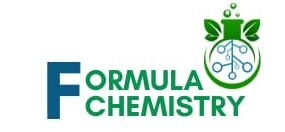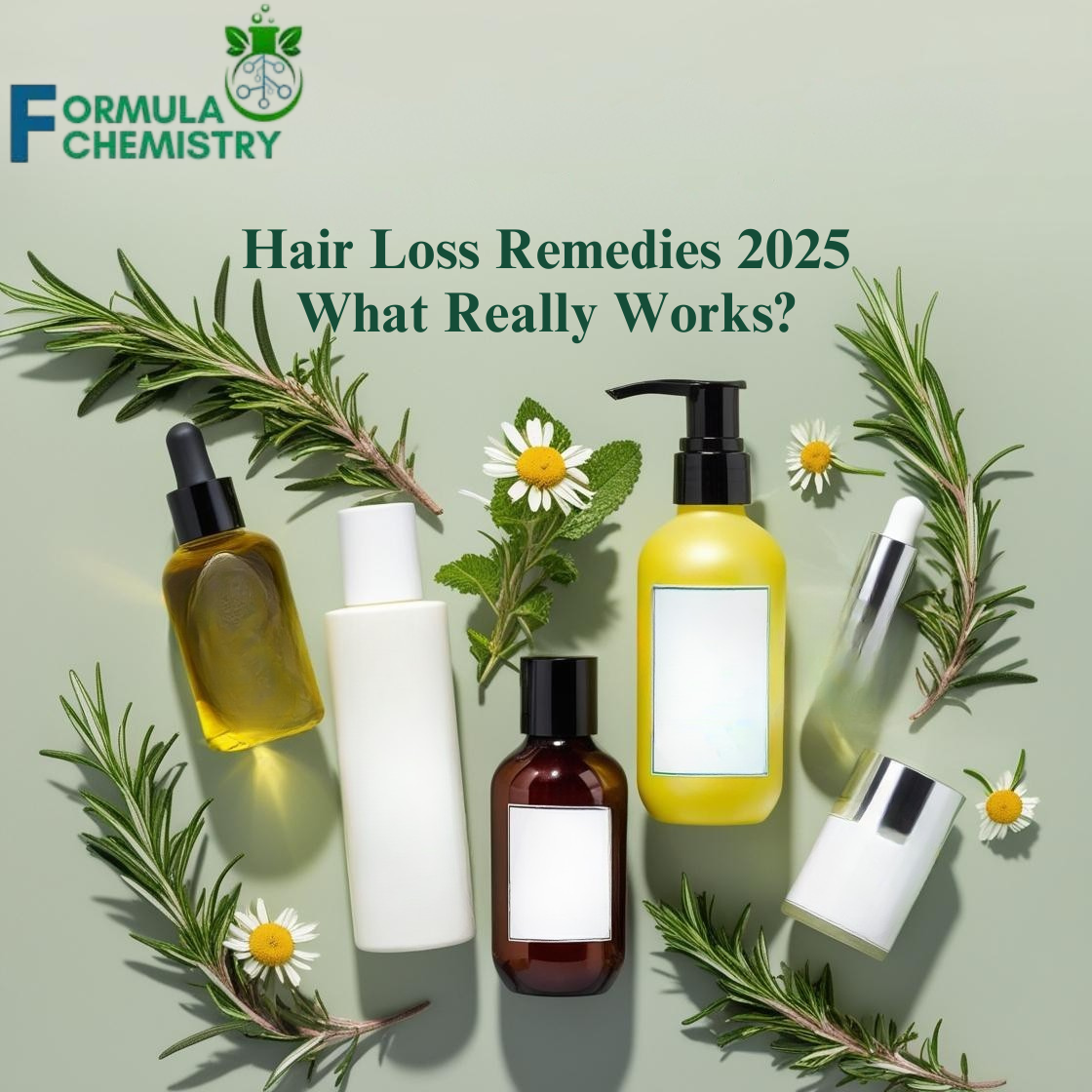Introduction
Hair loss is a pressing issue for millions of people, affecting self-esteem and confidence. Whether it’s thinning hair or complete baldness, the search for effective solutions has led to a rise in interest in both conventional and modern hair treatments. In 2025, advancements in science and the growing availability of natural remedies have given people more options than ever before. But with so many products and treatments out there, which ones actually work?
This article explores the best hair loss remedies of 2025, including natural treatments, medical advancements, and lifestyle changes. With a focus on proven, effective solutions, we’ll guide you toward the options that can help you restore your hair and combat hair loss once and for all.
What Causes Hair Loss?
Understanding the causes of hair loss is essential for choosing the right remedy. There’s no one-size-fits-all answer, as multiple factors can contribute to thinning hair and bald patches. Here are the primary culprits behind hair loss:
Genetics and Hormonal Changes
Genetic factors play a major role in hair loss, particularly for those who experience male or female pattern baldness. This type of hair loss is inherited and typically starts in the early stages of adulthood. Hormonal fluctuations caused by pregnancy, menopause, and thyroid imbalances can also trigger hair thinning and shedding. These hormonal shifts affect the hair growth cycle, causing hair follicles to shrink, leading to thinner and weaker strands.
Stress and Lifestyle
Stress has a significant impact on hair health. Physical or emotional stress can disrupt the normal hair growth cycle, resulting in a condition known as telogen effluvium, where hair prematurely enters the shedding phase. Additionally, poor sleep, unhealthy eating habits, and lack of exercise can contribute to overall poor scalp health, making the hair more susceptible to breakage and thinning.
Scalp Health and Nutritional Deficiencies
A healthy scalp is essential for hair growth. If your scalp is inflamed, dry, or clogged with excess oil or product buildup, it can restrict the growth of new hair. Nutritional deficiencies, especially in essential vitamins and minerals like biotin, iron, and vitamin D, can result in weak, brittle hair. A diet lacking in key nutrients can prevent the body from generating healthy hair follicles.
Natural Remedies for Hair Loss
Many individuals turn to natural remedies as an alternative to expensive treatments or medications. These remedies are popular for their holistic approach and potential to nourish the scalp and encourage healthy hair regrowth. Here are a few natural treatments that have shown promise:
Rosemary Oil for Hair Growth
One of the most popular natural solutions for hair loss is rosemary oil. Known for its stimulating properties, rosemary oil enhances blood circulation to the scalp, encouraging hair follicles to grow stronger and faster. Applying a few drops of rosemary oil to a carrier oil like coconut or olive oil and massaging it into the scalp can improve scalp health and promote hair regrowth.
Peptide Hair Care
Peptides are amino acid chains that help repair and strengthen the hair follicle, improving the overall health of both the scalp and hair strands. In 2025, many hair care brands have integrated peptides into their formulas to encourage hair thickening and reduce hair thinning. Peptides can boost collagen production, strengthen the scalp, and improve the texture and volume of your hair over time.
Hair Fall Control Home Remedies
DIY treatments are another excellent option for those looking for natural solutions to hair loss. Homemade hair masks using ingredients like aloe vera, onion juice, and coconut oil have long been used to combat hair thinning. These ingredients provide hydration, reduce inflammation, and nourish the scalp, making them ideal for people who prefer more natural approaches to their hair care routines.
Top Medical & Professional Hair Loss Treatments 2025
While natural remedies can be effective, some individuals may require more intensive treatments for noticeable hair loss. In 2025, a number of advanced medical treatments have become widely available, offering promising results for hair restoration. These treatments are often administered under the guidance of a healthcare professional or dermatologist.
Minoxidil Alternatives
Minoxidil has been a leading treatment for hair loss for decades, but new alternatives are emerging that may offer similar or even superior results. Some treatments like topical finasteride or oral medications have shown effectiveness in preventing hair loss and encouraging hair growth with fewer side effects. These alternatives are worth considering for those who have not experienced success with minoxidil or are looking for different options.
Platelet-Rich Plasma (PRP) Therapy
PRP therapy is a cutting-edge, non-surgical hair restoration procedure that uses your own blood to promote hair regrowth. In this treatment, blood is drawn, processed to extract platelet-rich plasma, and then injected into the scalp. The platelets contain growth factors that stimulate hair follicles and encourage new hair growth. This treatment has become increasingly popular in 2025 due to its relatively non-invasive nature and effectiveness.
Laser Hair Therapy
Low-level laser therapy (LLLT) is another option for treating hair loss. This treatment uses red light to stimulate hair follicles, promoting blood flow to the scalp and encouraging healthier hair growth. Laser combs, helmets, and other devices are now available for home use, making this once clinic-only treatment more accessible. LLLT has been shown to improve hair density and thickness over time, making it an appealing choice for those looking for non-invasive hair restoration.
Best Hair Growth Products to Try
The market for hair growth products has exploded in recent years, with numerous shampoos, serums, and supplements claiming to help with hair loss. However, not all products are created equal. In 2025, some products stand out for their ability to nourish the scalp, promote stronger hair, and improve overall hair health.
Biotin and Keratin Shampoos
Shampoos that contain biotin, keratin, and essential vitamins have gained popularity for their ability to strengthen hair and promote healthy growth. Biotin is a vitamin that is often recommended for people dealing with hair thinning, as it plays a key role in keratin production, which makes up the structural component of hair. Keratin shampoos help to repair damaged hair follicles and provide essential nutrients to the scalp.
Hair Serums and Oils
Hair serums and oils infused with ingredients like caffeine, castor oil, and peptides are designed to target hair loss at the follicular level. These products work by stimulating hair growth, improving scalp health, and reducing hair shedding. The consistency of serums allows for deeper penetration into the scalp, ensuring that the active ingredients are effectively absorbed.
Hair Growth Supplements
Supplements that contain vitamins and minerals known to improve hair health are essential for individuals looking to support hair growth from within. Supplements with biotin, zinc, iron, and vitamin D can help fill in nutritional gaps and provide the body with the nutrients it needs for healthy hair regeneration. For many people, taking hair growth supplements alongside topical treatments can yield optimal results.
Scalp Health: The Foundation of Strong Hair
A healthy scalp is essential for hair growth, and maintaining good scalp hygiene can make a significant difference in the health of your hair. Often overlooked, scalp care is crucial in preventing clogged follicles and stimulating hair growth.
Exfoliation and Scalp Detox
Exfoliating the scalp helps remove dead skin cells and buildup from hair products, which can clog hair follicles and stunt hair growth. Regular scalp detoxing with gentle exfoliating scrubs or scalp treatments can clear the way for healthier hair. A clean, unclogged scalp allows hair follicles to thrive, encouraging natural hair growth.
Hydration and Nourishment
Scalp hydration is just as important as moisturizing your skin. Dry, flaky scalps can lead to dandruff and hair thinning. Using oils, masks, and leave-in conditioners can help keep the scalp moisturized, preventing dryness and irritation. Look for products that target both the scalp and hair follicles to ensure optimal nourishment for your hair.
How to Regrow Hair Naturally
Regrowing hair naturally requires a holistic approach that involves both external treatments and internal care. Combining lifestyle changes with natural remedies can lead to better results for long-term hair health.
Healthy Diet and Hydration
A balanced diet rich in vitamins, minerals, and healthy fats is essential for hair growth. Foods high in biotin, omega-3 fatty acids, and zinc are particularly beneficial for strengthening hair follicles. Drinking plenty of water also helps to keep your hair hydrated, reducing the likelihood of breakage and promoting a healthier, more vibrant appearance.
Stress Management
Chronic stress can wreak havoc on your hair health. Reducing stress through relaxation techniques, such as yoga, meditation, or deep breathing exercises, can help mitigate the effects of stress on your hair. Additionally, regular physical activity can improve blood circulation to the scalp, promoting healthier hair growth.
Regular Scalp Massages
Scalp massages are a simple yet effective way to promote hair regrowth. Massaging your scalp for just a few minutes each day can improve blood flow to hair follicles, helping to nourish them and encourage new growth. Using essential oils like peppermint or lavender can enhance the effects of the massage and provide additional benefits for your scalp.
Expert Hair Regrowth Tips for 2025
To truly see results, it’s essential to take a comprehensive approach to hair care. Here are some expert tips for ensuring the best results in your hair regrowth journey:
Consult a Dermatologist or Trichologist
For persistent or severe hair loss, it’s crucial to seek professional guidance. A dermatologist or trichologist can help identify the underlying cause of your hair loss and recommend appropriate treatments tailored to your individual needs. They may suggest treatments like PRP therapy or prescription medication to accelerate hair regrowth.
Myth-Busting Hair Loss Misconceptions
There are many myths about hair loss, such as the belief that wearing hats or frequent hair washing causes baldness. In reality, these factors have minimal impact on hair loss. Understanding the facts and debunking common myths can help you avoid wasting time and money on ineffective remedies.
Conclusion
Hair loss in 2025 no longer has to be an inevitable part of life. With the right combination of treatments, natural remedies, and lifestyle changes, you can regrow, restore, and maintain healthier, fuller hair. Whether you choose to go the natural route or opt for professional treatments, the key is consistency and patience. Always remember that every hair journey is unique, and finding the right solution for you may take time. Stay informed, seek expert advice, and take action today toward healthier hair.

